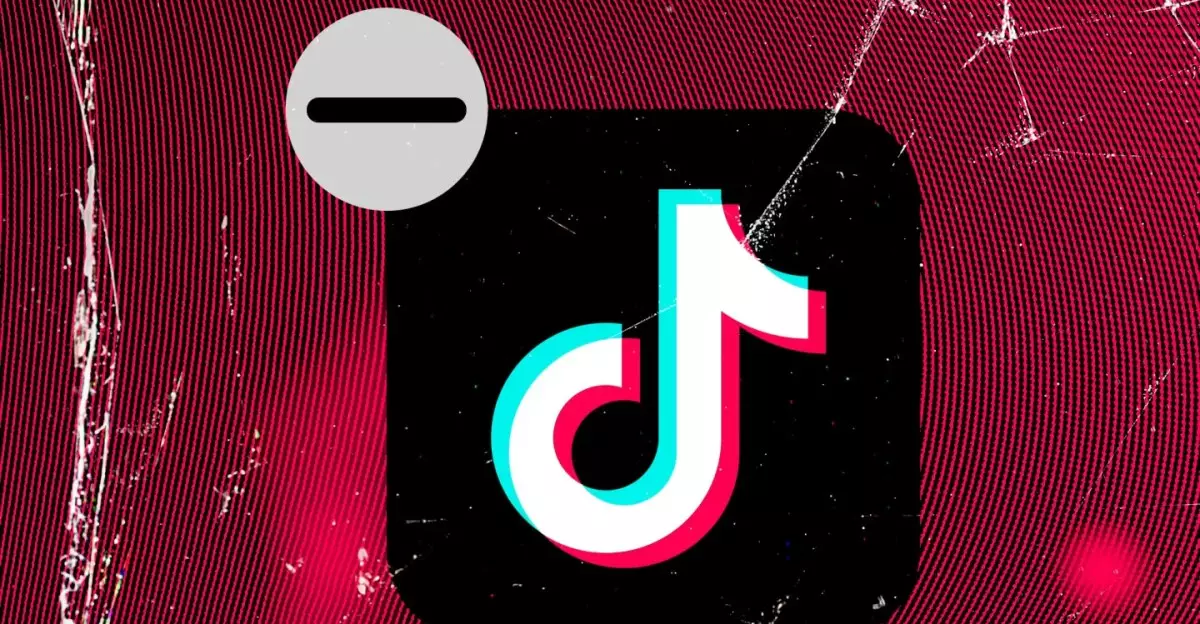In a surprising turn of events, tech giants Apple and Google have reinstated TikTok in their respective app stores for iOS and Android platforms. This decision follows a tumultuous period where the popular social media app faced a ban in the United States, prompting significant legal and economic discussions. The reinstatement is a critical development not only for TikTok but also for the broader landscape of app regulations and inter-company dynamics in technology.
TikTok’s removal in January stemmed from regulatory pressures linked to its parent company, ByteDance, which had become a focal point for national security concerns under the Trump administration. The application had been operating in a precarious status since then, with companies like Apple and Google, both wary of the associated penalties, opting to comply with the ban. However, the landscape shifted dramatically when US Attorney General Pam Bondi assured Apple that the company would not face any penalties for hosting the application. This assurance has seemingly quelled fears, allowing TikTok’s return.
The Broader Implications of the Decision
This reinstatement is emblematic of a broader battle involving tech regulation and international business. The Trump administration had implemented a slew of measures aimed at curtailing the operations of companies perceived as threats to national security, particularly those linked with China. TikTok found itself in a challenging position, caught between its growing user base and the looming specter of government sanctions. This situation not only highlights the fragility of app availability in a politically charged environment but also reflects on consumers’ dependency on digital platforms that are consistently embroiled in geopolitical disputes.
Moreover, the reinstatement raises questions regarding the future of TikTok in the American market. With Vice President JD Vance reportedly tasked with negotiating a potential sale of TikTok, the stakes are incredibly high. The negotiations signify more than just a corporate dance; they indicate a broader strategy that could redefine ownership and control over key technology players in the US. If TikTok were to change hands, it could alter the balance of power in social media, affecting creators, advertisers, and millions of users who rely on the platform for connection and expression.
The Path Ahead for TikTok and Regulatory Oversight
Looking forward, TikTok’s return to the app stores is not merely a victory for its users but a complex signal of the ongoing tug-of-war between technology companies and governmental regulations. The volatile nature of app licensing amid changing political tides underscores the fragility of digital platforms in maintaining a steady presence. As negotiations unfold, one can anticipate further regulatory scrutiny and the evolving nature of international business relations in tech.
TikTok’s comeback in the app stores signifies much more than a simple reinstatement; it reflects the intricate relationship between technology firms and government oversight, consumer dependence on digital engagement, and the possible shifts in ownership that could redefine the landscape. The next few months will be crucial, as stakeholders from all sides watch closely how these negotiations develop and what they mean for the future of digital platforms in America.

